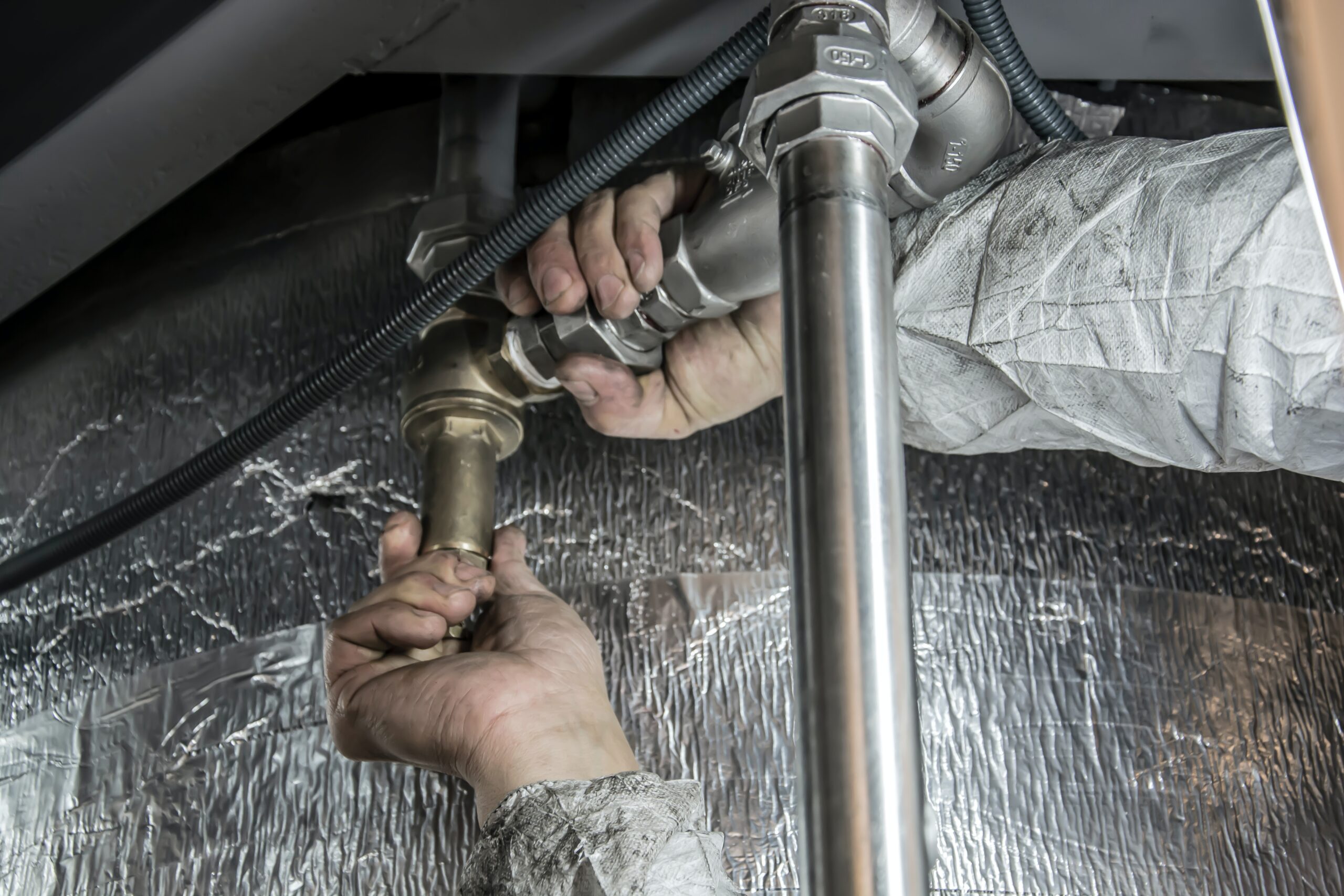Are you experiencing issues such as soap scum build-up, scale deposits on appliances, and dry skin? Perhaps hard water could be to blame! In this step-by-step guide, we’ll show how easy and inexpensive testing your water hardness at home will be.
Understanding your water quality is integral for finding solutions to improve its health and efficiency in the home.
If you’re still unfamiliar with the differences between hard and soft water (and whether they are safe to drink), you can check out this blog post to learn the answer: https://www.plumbtechplumbingandheating.com/can-you-drink-softened-water/.
How to Test Your Water Hardness At Home — An Expert Guide For Homeowners
Testing the hardness of your water is relatively simple and takes approximately 15 minutes at home to measure its hardness with just some basic supplies: A soap testing kit, samples containers for testing water samples, gloves (optional), measuring tools such as a tablespoon or milliliter syringe and clean containers are needed – follow the instructions provided with each kit for precise results!
The soap test is an efficient method for identifying water hardness. Simply combine tap water with some drops of liquid dish soap, shake vigorously, and observe any bubbles that appear – soft water tends to have lasting bubbles, while hard water produces smaller bubbles that rapidly dissipate, leaving behind potential residue or scum on their surfaces.
Water hardness measures the presence of calcium and magnesium-containing minerals present in your drinking water supply.
What is the Definition of Water Hardness?
“Water hardness” refers to the concentration of calcium and magnesium minerals in your home’s drinking water supply system, naturally entering from the earth’s crust and groundwater sources.
Water hardness depends heavily upon its source, whether that be from city utilities or private wells. Cities utilizing deep wells may contain higher mineral content due to prolonged contact with rocks containing calcium-bearing rocks, while surface waters like rivers tend to have lower concentrations due to rainwater collection that does not come in contact with calcium-bearing rocks as often.
What are the Effects of Hard Water?
Hard water can bring numerous issues into the home, from spots on dishes and glasses, damage to pipes and appliances, soap scum build-up in bathrooms due to improper lathering by soap in hard water environments, to accumulations in sinks, showers or tubs due to excessive soap usage or accumulation.
Furthermore, calcium deposits from hard water deposits on plumbing fixtures over time reduce water flow significantly, resulting in decreased efficiency overall.
A Step-By-Step Guide on How to Check Your Water Hardness at Home — Conclusion
Now that you understand how to test water hardness at home, you can take the necessary steps to ensure safe and high-quality drinking water for yourself and your household. Testing hard water affects taste, smell and cleanliness so testing should always take place regularly in your environment.
By conducting a soap test you can quickly determine whether softeners or other treatment options might be needed for treatment if hardness levels exceed certain limits – having knowledge about your mineral composition allows for healthier living environments!

